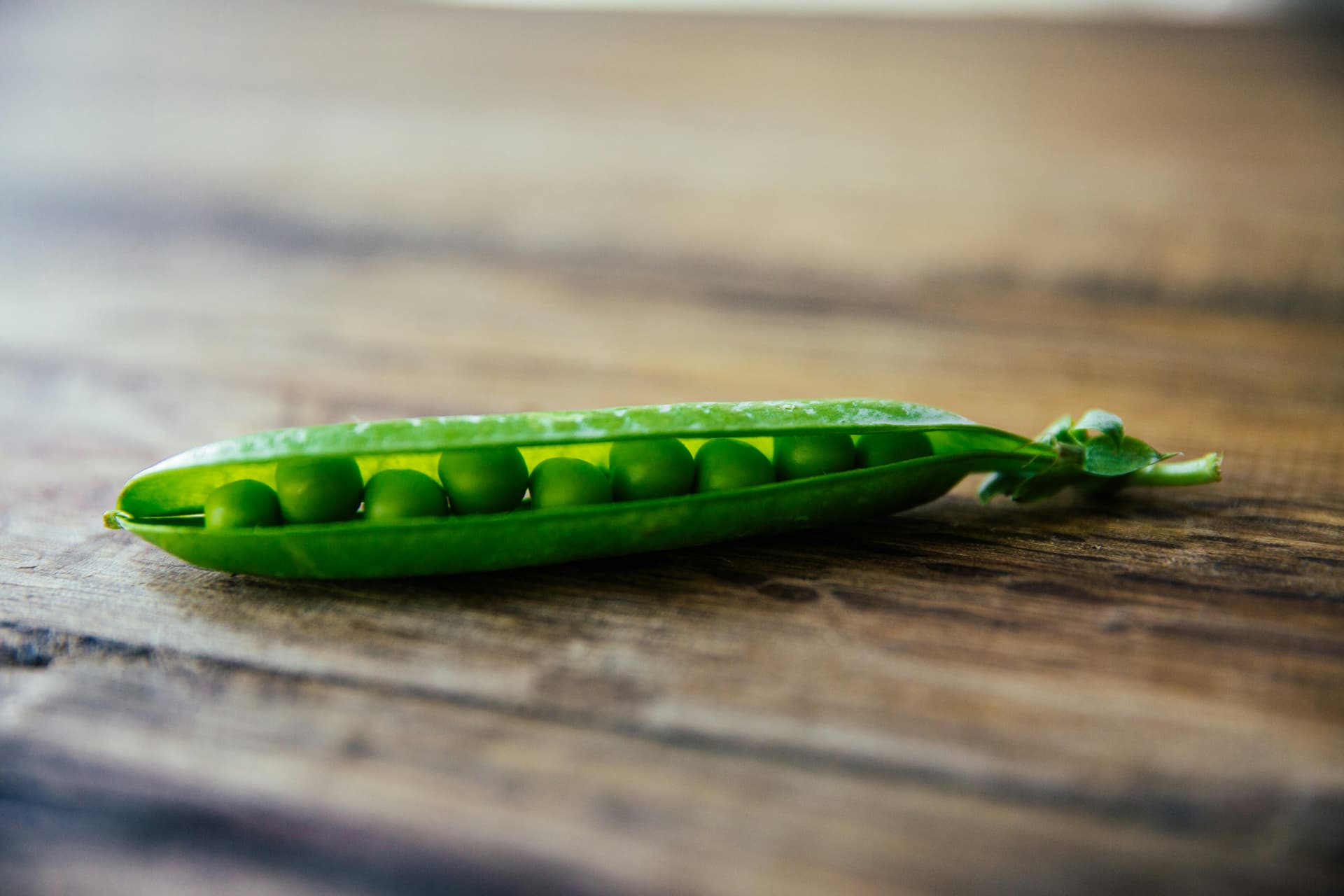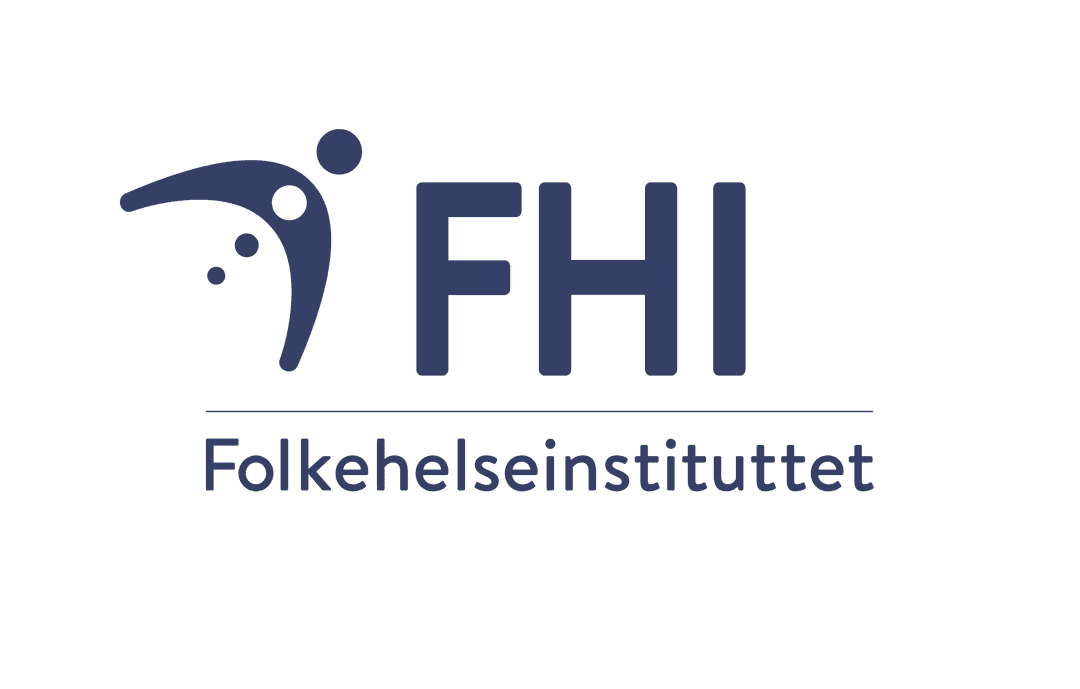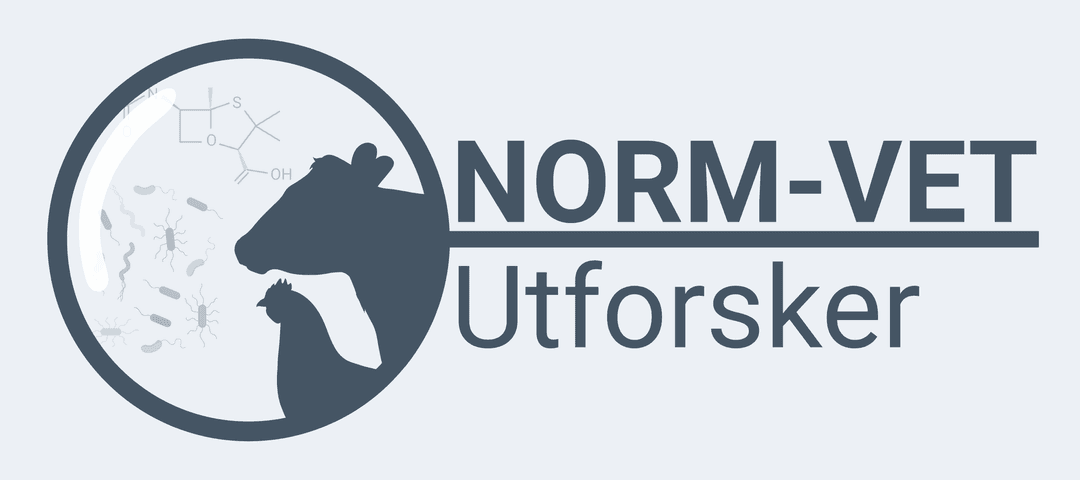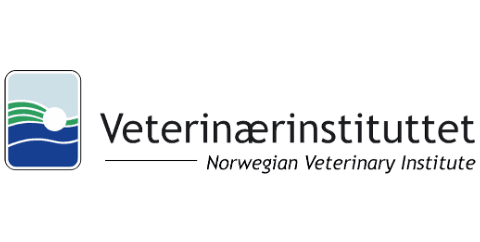Food and waterborne pathogens

Food- and waterborne pathogens are microorganisms that cause illness when ingested through contaminated food or water. These pathogens include bacteria, viruses, parasites, and toxins.
The foodborne pathogens can occur at any point in the food production process, from farm to table, including during harvesting, processing, storage, or preparation. Improper handling, cooking, or storage can allow these pathogens to thrive.
The waterborne pathogens typically enter water supplies through fecal contamination, inadequate wastewater treatment, or runoff from agricultural or industrial sites.
The most relevant infections transmitted through food and water in Norway today are caused by norovirus, Campylobacter, Salmonella, enteropathogenic E. coli, Yersinia, and Listeria, in addition to the traditional food poisoning bacteria Clostridium perfringens, Bacillus cereus, and Staphylococcus aureus (source: FHI).
Norwegian resources
External resources
- Latest publication in Cristin
- Ongoing projects listed in Prosjektbanken



